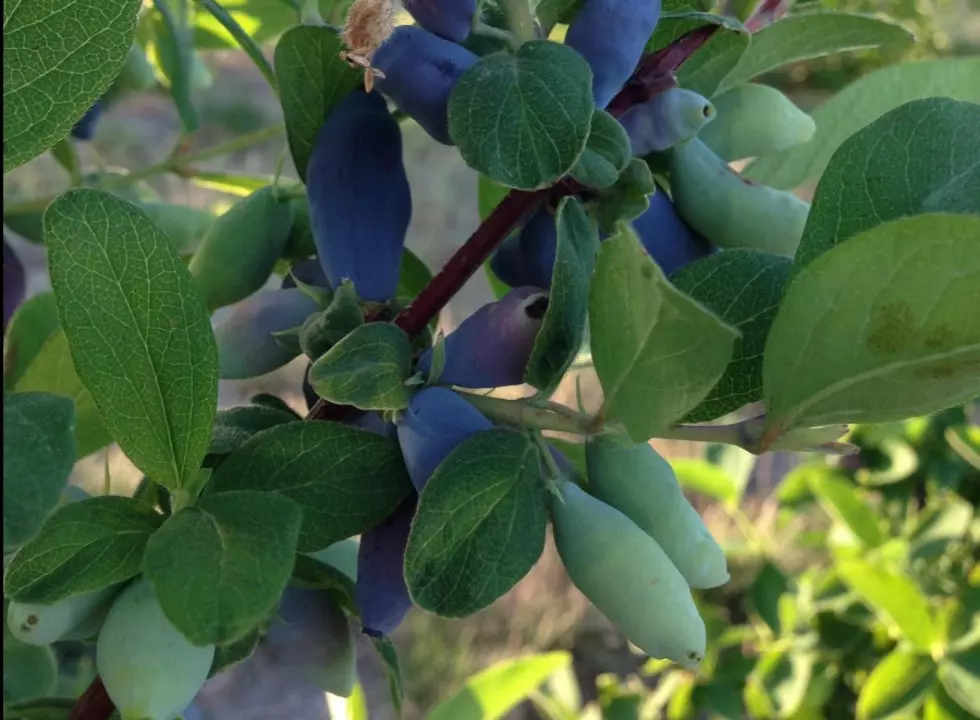
MSU Undergrads’ Working to Develop Peanut Product for People of Senegal
BOZEMAN — In the Food Product Development Lab at Montana State University, undergraduate students Emily Raber and Cullen Kinnare each hold a small, nutritious bar. Primarily made with peanuts, cowpea, corn and baobab fruit, the bar looks much like a brownie or a breakfast bar that could be bought at a Montana bakery. But researchers in the lab have carefully engineered the product so that it can help people far from where it was created.
MSU assistant professor of food science Wan-Yuan Kuo, who leads the lab, is working with both graduate and undergraduate students to develop a culturally appropriate peanut product with smallholder women farmers in Senegal. Currently, there is a large supply of peanuts in the Kaffrine region of Senegal, she said, but the people there are not able to sell those peanuts very effectively.
So, Kuo and the student researchers are developing a product featuring the crop that aims to provide a nutritious, easily made food option for Senegalese school-age children. They also hope it could provide a source of income to individuals in the region who would like to sell the product.
In addition, Kinnare and Raber – who are both food and nutrition majors in the Department of Health and Human Development – are conducting related research of their own. Their work has been supported by funding from MSU’s Undergraduate Scholars Program.
Kinnare, a senior from Connecticut, is examining researchers’ communication with Senegalese individuals about the peanut product. Kinnare designed questionnaires for Senegalese citizens who attended focus groups. The questionnaires addressed things such as did the participants feel comfortable with the researchers? Did they feel their responses were understood? Do they think the product could successfully be introduced in their community? After Kinnare developed the questions, the questionnaires were administered by a partner in Senegal, and the researchers then translated the answers into English.
From the responses, Kinnare will assess how communication between the researchers and participants went well and how it could be improved. He will also examine differences between men’s and women’s responses. Kinnare hopes his work will provide valuable information about how to best cross cultural and language barriers when performing research, as well as information on ways to structure focus groups with individuals outside one’s own culture that are most effective.
Meanwhile Raber, a junior from Seattle who plans to pursue a career as a dietitian, is creating nutrition labels for a handful of the major test batches of the peanut product. Using a computer software program, Raber analyzes the nutritional information of each test batch, including details such as the overall calories, protein, vitamin A, vitamin C, zinc, iron and folate.
Senegalese smallholder farmers who participated in the focus groups indicated that having a product that was highly nutritious was important to them, Raber said.
“Even if the taste isn’t 100%, the (Senegalese people) we talked to said they will eat it because they know it will be better for them,” she said. “It’s important that this product is high-quality and nutritious.”
Kuo noted that the original Senegalese peanut research was initiated by Edwin Allan, a graduate student in the sustainable food systems program at MSU. Originally from Ghana, Allan joined the program to work to address issues of food insecurity in west Africa. Kuo said she and Allan are partnering on the peanut research with Bountifield International, an organization based in Minnesota working to create sustainable solutions to end hunger and poverty.
“With his knowledge in food science and life experiences with the west African food environment, Edwin strives to make this research both technically feasible and culturally sensitive,” Kuo said. She added that Allan’s mentorship of Raber and Kinnare has encouraged them to reflect on cultural and socioeconomic differences between Native and Western societies.
“Both Cullen and Emily generated research questions that are humble, considerate and respectful to our Senegal communities,” she said.
Kuo said she expects that Kinnare’s and Raber’s research experiences will help them in their future careers.
“In the future, whether they become dietitians, other health professionals, or working in any capacity to enrich human well-being, perhaps this research can be the inspiration for them to recognize the importance of culture in improving life quality,” Kuo said. “I hope this study can encourage them to listen and understand the culture of the individuals or groups they are working with and invent solutions with them that are culturally sensitive.”
Undergraduate research and creative activity in all corners of the MSU campus will be highlighted throughout the 2019-2020 academic year as the university marks its Year of Undergraduate Research, or YOUR. Monthly events showcase outstanding research by undergraduate students and highlight research opportunities for students in all disciplines. YOUR culminates with NCUR 2020, the National Conference on Undergraduate Research, which will bring more than 4,000 undergraduate researchers to Bozeman to celebrate research, scholarship and creative achievement. More information is available at montana.edu/your/.
- By Anne Cantrell, MSU News Service -
More From K96 FM









